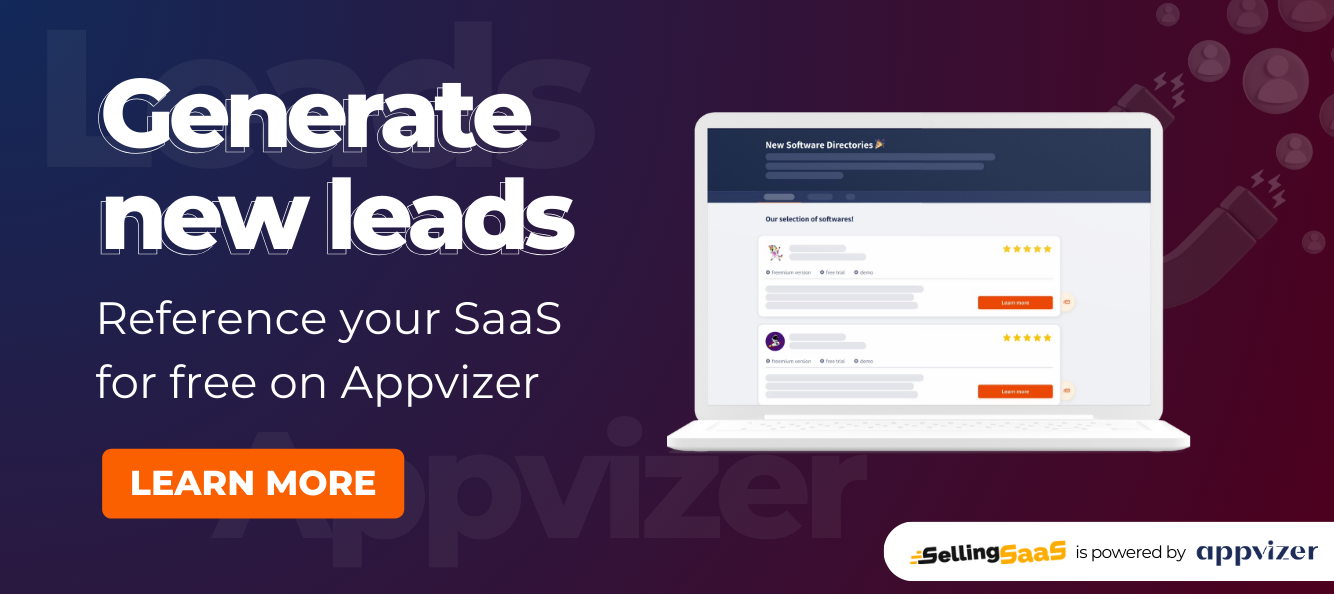In the intricate dance between marketing and sales, the concept of a Sales Qualified Lead (SQL) emerges as a guiding star, leading businesses towards fruitful customer conversions. At its core, an SQL represents a potential customer who has traversed the initial stages of engagement and research, poised to step into the direct sales arena. In this detailed exploration, we will delve deeper into the context, significance, and methodologies associated with Sales Qualified Leads, shedding light on their pivotal role in harmonizing sales and marketing efforts.
The Significance of SQL in Sales and Marketing
In the contemporary business landscape, where the noise of marketing messages is deafening, identifying genuinely interested prospects is akin to finding a gem amidst rubble. SQLs, therefore, stand as a beacon of hope and efficiency for both sales and marketing teams:
- Effective Resource Allocation: SQLs offer a strategic advantage by ensuring that precious sales resources are invested where they are most likely to yield results. Rather than chasing uninterested or unqualified leads, the sales team can focus their efforts on prospects who have demonstrated a genuine interest in the product or service.
- Streamlined Sales Process: The transition from marketing to sales engagement is a critical juncture. SQLs serve as gatekeepers, ensuring that only leads with a high likelihood of conversion move forward. This not only expedites the sales cycle but also enhances the chances of success.
- Enhanced Lead Nurturing: Not all leads are created equal, and their journey towards becoming customers is often nonlinear. SQLs allow marketing teams to tailor their nurturing efforts more effectively. This personalization can include sending targeted content, arranging product demos, or providing case studies, all of which align with the lead’s specific interests and needs.
The Journey to Becoming an SQL
The transformation of a prospect into an SQL is not a haphazard process; rather, it is a carefully orchestrated sequence of interactions and assessments. Here’s a closer look at the journey:
- Lead Generation: The journey begins with lead generation efforts, where potential customers are attracted through various marketing channels, such as content marketing, webinars, social media campaigns, or email marketing.
- Lead Scoring: The heart of the process lies in lead scoring. Through this systematic evaluation, leads are assigned scores based on their behavior and engagement. Metrics such as downloading content, attending webinars, visiting the pricing page, or requesting a demo are often considered. Each interaction is weighed to gauge the lead’s level of interest and readiness to engage with the sales team.
- Criteria for SQL Designation: The specific criteria for designating a lead as an SQL can vary among businesses, depending on their unique sales processes and target audiences. However, common factors often include a certain minimum score or a combination of specific engagement behaviors that indicate a genuine intent to explore a purchase.
Harmonizing Sales and Marketing Efforts
The convergence of sales and marketing efforts is where SQLs truly shine. Their existence facilitates:
- Clear Handoff: An SQL designation serves as a signal for the sales team to take the reins. It’s a seamless transition from marketing to sales engagement, eliminating ambiguity and ensuring that no promising leads fall through the cracks.
- Alignment of Objectives: SQLs bridge the gap between the goals of marketing (lead generation) and sales (customer acquisition). Both teams are aligned in their pursuit of converting SQLs into paying customers.
- Feedback Loop: SQLs provide valuable feedback to marketing teams. By analyzing which lead generation efforts are producing the most SQLs, marketers can refine their strategies and optimize resource allocation.
In conclusion, the concept of Sales Qualified Leads (SQLs) embodies the synergy between marketing and sales in the modern business landscape. These prospective customers, meticulously identified through lead scoring, represent a critical juncture in the journey towards conversion. By designating SQLs, businesses ensure that their sales efforts are targeted, efficient, and primed for success, ultimately harmonizing the symphony of marketing and sales in their pursuit of customer acquisition.


